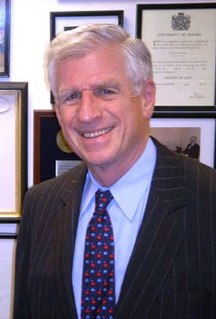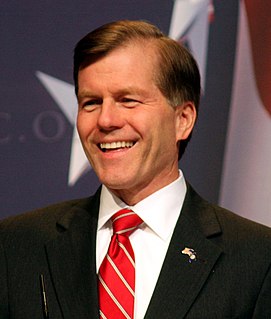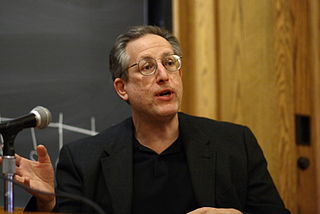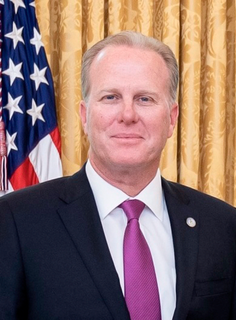A Quote by John Cornyn
[The founding fathers] believed that freedom of expression included religious views and beliefs, so long as the government did not force people to worship in a particular matter and remain neutral on what those views and beliefs were.
Related Quotes
All my life I have made it a rule never to permit a religious man or woman take for granted that his or her religious beliefs deserved more consideration than non-religious beliefs or anti-religious ones. I never agree with that foolish statement that I ought to respect the views of others when I believe them to be wrong.
Growing up in Britain as a rather loose Jew, the two things that didn't belong together were freedom and religious intensity. In America, they do. The Founding Fathers made a bet that if you didn't force everyone to profess religion in their own particular way, you could protect intellectual freedom, and religion would flourish.
Tolerance is a good cornerstone on which to build human relationships. When one views the slaughter and suffering caused by religious intolerance throughout all the history of man and into modern times, one can see that intolerance is a very nonsurvival activity. Religious tolerance does not mean one cannot express his own beliefs. It does mean that seeking to undermine or attack the religious faith and beliefs of another has always been a short road to trouble .
Besides the healthcare bill being unconstitutional and a great expansion of federal government, I think if it does not respect people's individual religious views and makes groups or individuals do things that are contrary to their deeply held beliefs, there is going to be a visceral negative reaction.
The Chief Justice's ... main point seemed to be that the references to God in the Pledge of Allegiance aren't really religious and therefore are not that important - something I would think would offend Christians who think it should stay because it is religious and does matter. Too many Christians appear to be desperate to shore up their failing confidence in their own religious beliefs by having the government officially endorse those beliefs.
There is a place in this world for satire, but there is a time when satire ends and intolerance and bigotry towards religious beliefs of others begins. Religious beliefs are sacred to people and at all times should be respected and honored. As a civil rights activist of the past 40 years, I cannot support a show that disrespects those beliefs and practices.
Every religion I know of has changed its views with respect to concrete controversies over long periods of time. People's views about the morality of homosexuality are likely to undergo some change, even though they're making judgments based on their religious beliefs. Because in fact, religion is an extremely durable, and yet flexible, way of trying to apprehend what's good and what's bad in the world. In fact, its durability comes from its flexibility. Now, speaking from inside a religion, it's hard to talk that way.
The door of the Free Exercise Clause stands tightly closed against any government regulation of religious beliefs as such. Government may neither compel affirmation of a repugnant belief, nor penalize or discriminate against individuals or groups because they hold views abhorrent to the authorities.
I believe the American people are more concerned with a man's views and abilities than with the church to which he belongs. I believe the founding fathers meant it when they provided in Article VI of the Constitution that there should be no religious test for public office. And I believe that the American people mean to adhere to those principles today.
Religious liberty is misunderstood. It simply means that the Founders said that everyone in America should have the freedom to practice and exercise their religion. Not to believe it but to exercise our beliefs - to act on our beliefs. It's not about believing privately in your head, privately in that building, or simply about freedom of worship.
































